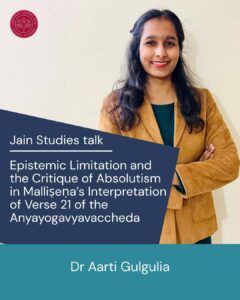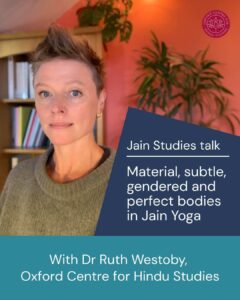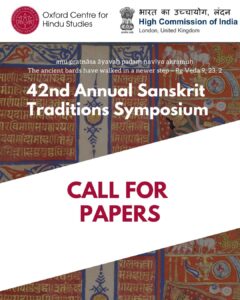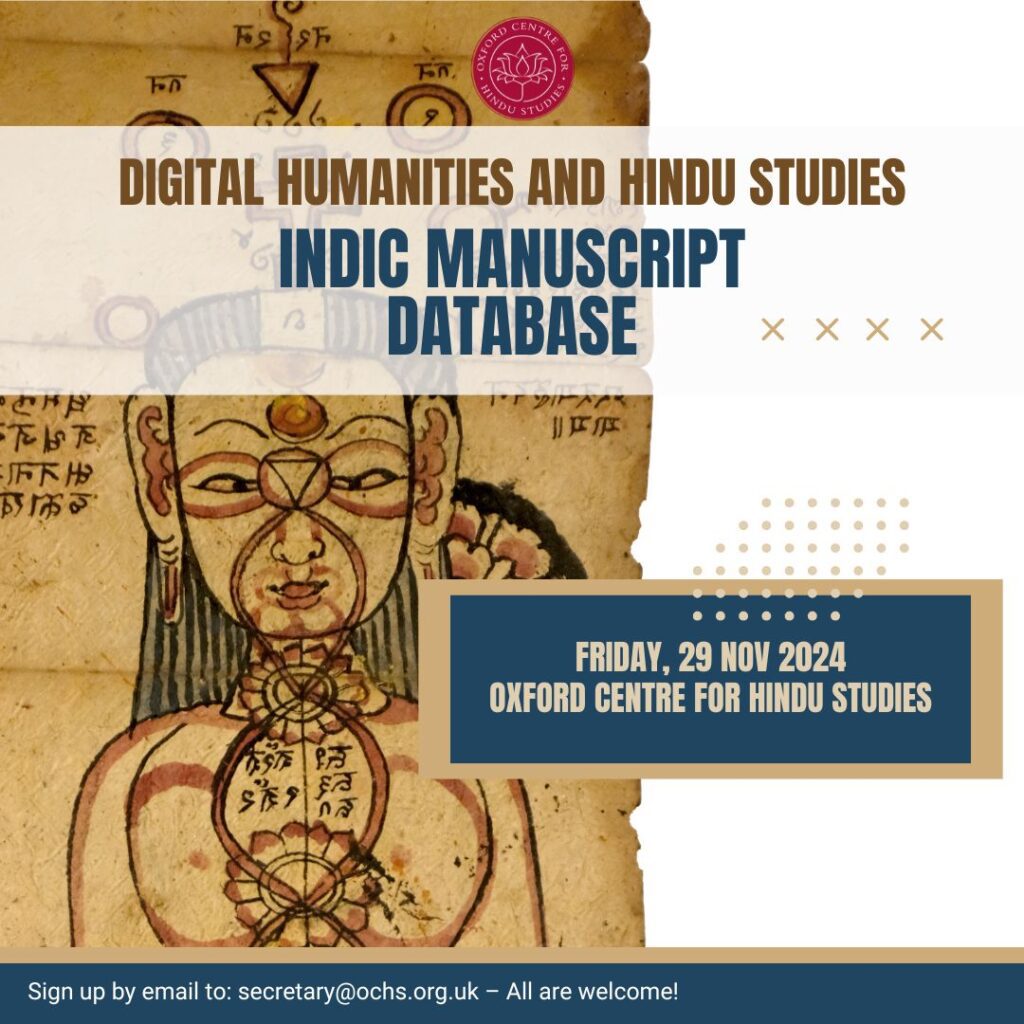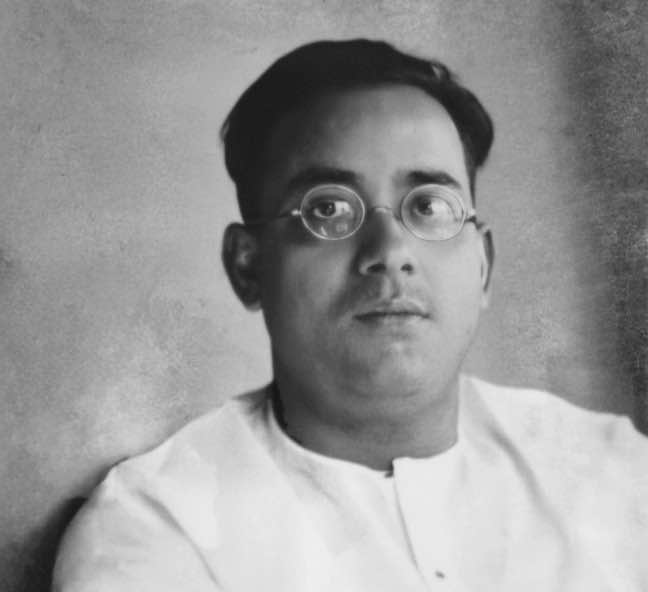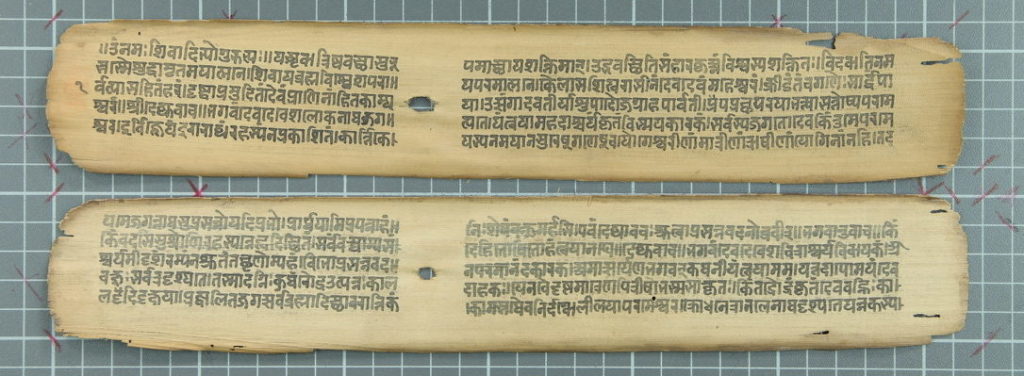Dr Ranjamrittika Bhowmik
Week 3, Wednesday 14 May, 2.30-4.00, OCHS Library
My documentary film, Goddess Durga Unveiled: The Timeless Power of Emotion, was produced by the Berlin University Alliance and is an output for my postdoctoral research for our project, Museums and Society:Mapping the Social at the department of European Ethnology, Humboldt University of Berlin. It is on the journey of Goddess Durga as a museum object in Europe and as a living Goddess in India, affective associations, Durga puja traditions in India, postcolonial museology, while telling her story through living traditions. It has been screened at the Babylon theatre in Berlin and will be screened at King’s College, London on 13 May.
You can read a little more about it and watch the trailer here:
Ranjamrittika Bhowmik is a postdoctoral researcher at the Department of European Ethnology, Humboldt University of Berlin. She received her DPhil in South Asian Studies from the University of Oxford in 2023. Her doctoral research explores esoteric yoga traditions in northeastern India through shared Buddhist and Hindu lineages, focusing on the Rājbaṃśī community and their oral literature in the Rājbaṃśī lect. Her work engages with mysticism, tantric traditions, metaphor, and the politics of alternative social imaginaries, examining concepts of the subtle body and the literary and performative expressions of dissent. Trained in Cultural Anthropology and Comparative Literature, her postdoctoral project—at Humboldt University and the Museum of Asian Art, Berlin—investigates the history of emotions, forgotten object histories, memory, decolonization, AI ethics, and intersectionality. She has held fellowships from Jadavpur University, the Government of India, the European Union & the Universities of Milan, University of Lausanne, University of Oxford, and the OCHS. Ranjamrittika is committed to conserving and promoting intangible cultural heritage, indigenous knowledge systems, and the oral traditions of marginalized communities.


